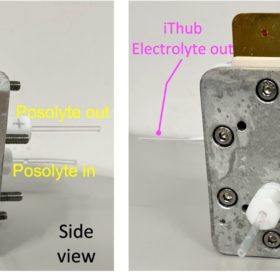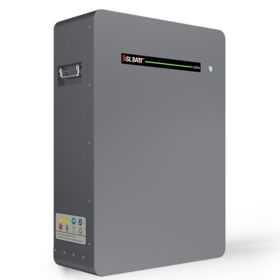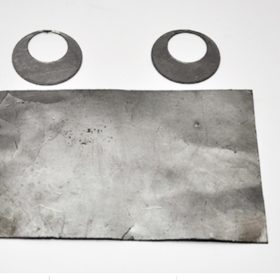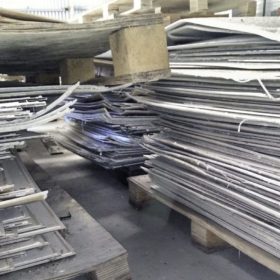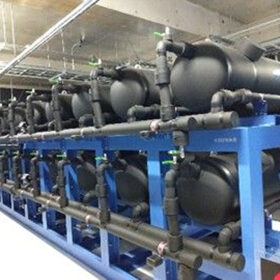Tdafoq Energy partners India’s Delectrik Systems for GWh-scale vanadium flow battery plant in Saudi Arabia
Tdafoq Energy will use Delectrik Systems’ technology to manufacture vanadium redox flow batteries in Saudi Arabia. Construction has already started on a manufacturing facility in Saudi Arabia, which will be scaled to a GWh capacity by 2025.
The long read: Cobalt clings on
Cobalt is key for boosting energy density and battery life, but it comes with caveats: expensive, scarce, and linked to unethical mining practices, wild price fluctuations, and a tenuous supply chain. In recent years, battery manufacturers and automakers have intensified efforts to reduce or eliminate cobalt in lithium-ion cathodes. But sometimes, old habits die hard, as pv magazine’s Marija Maisch explains.
Zinc-cerium redox flow battery for renewable energy storage
Scientists in Hong Kong have designed a redox flow battery with electrolytes made of zinc and cerium. They claim to have solved the incompatibility issue posed by these two elements. The device achieved a record average Coulombic efficiency of 94% during cycling.
Metastable Materials commissions chemical-free recycling unit for dead lithium batteries
The Indian startup has opened a lithium battery recycling unit in Bengaluru that deploys a chemical-free process for metal extraction. The facility has the capacity to process 1,500 tonnes of dead batteries per year.
OGO Energy aims 1 GWh/year lithium battery capacity by Dec. 2023
The Indian startup plans to expand its lithium battery manufacturing capacity to 1 GWh by December next year, from the currently under-construction 100 MWh.
Bslbatt unveils 10.24 kWh battery for residential PV
China’s Bslbatt said its new battery has a rated capacity of 200 Ah. The product comes with a 10-year warranty and can reportedly provide steady operation for up to 6,000 charge cycles.
Reliance, Ola, Rajesh Exports sign agreement to make batteries under PLI Scheme
The three companies will receive incentives under the government’s production-linked incentives scheme for battery storage. The scheme has an overall budgetary outlay of INR 18,100 crore (around US$ 2,284 million).
Triton EV to manufacture hydrogen-run two-wheelers and three-wheelers in India
New Jersey-headquartered Triton Electric Vehicle, which plans to make electric cars in India, will also roll out hydrogen-run two-wheeler and three-wheeler EVs from its plant in Gujarat.
Blackearth JV set to commence construction of India plant
The Australian graphite developer and its 50:50 joint venture partner Metachem have acquired a 5-acre site in Pune for their downstream graphite processing plant.
Recycling options for PV panels, batteries could drive circular economy, says NREL
Renewable hardware that lasts longer and uses fewer materials could bolster recycling efforts and help to build an effective circular economy for solar and battery technologies, says the US National Renewable Energy Laboratory (NREL).


